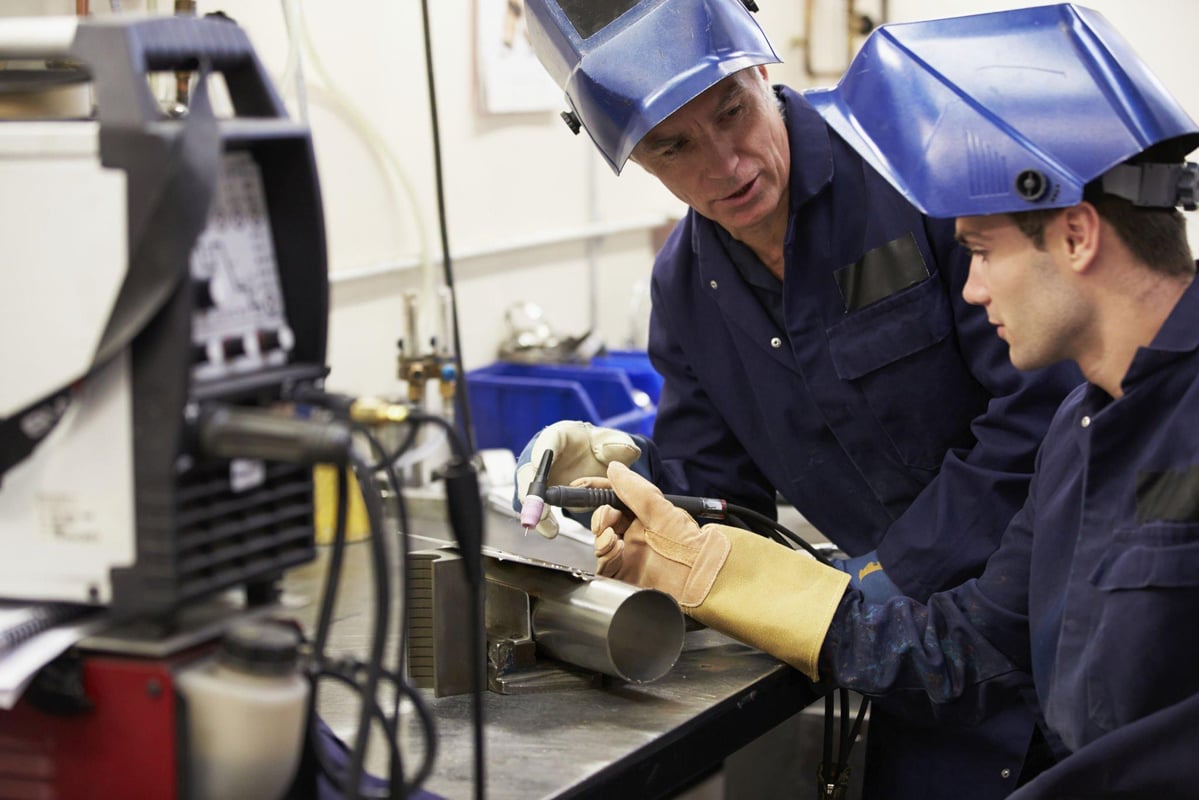Is Welder a Good Job? Pros and Cons

When it comes to choosing a career path, it's important to consider both the pros and cons. One such career option that often comes up is welding. But is being a welder a good job? In this blog post, we will explore the pros and cons of pursuing a career as a welder, as well as the essential skills and qualifications required. We will also discuss the career outlook for welders and factors to consider before deciding on this career path.
Career Outlook for Welders
The career outlook for welders is promising. According to the Bureau of Labor Statistics, the employment of welders, cutters, solderers, and brazers is projected to grow 3 percent from 2019 to 2029, which is about as fast as the average for all occupations. The demand for welders will continue to be driven by the need for infrastructure development, manufacturing, and maintenance and repair work.
Factors to Consider Before Deciding on a Career as a Welder
Before deciding on a career as a welder, it's important to consider the following factors:
-
Interest and Aptitude: Do you enjoy working with your hands and have an interest in metalworking? Welding requires a certain level of technical skill and manual dexterity. Assess your interest and aptitude before pursuing this career path.
-
Work Environment: Welders work in various settings, including construction sites, factories, and shipyards. Consider the work environment and whether it aligns with your preferences and comfort level.
-
Training and Education: While some individuals learn welding through on-the-job training, formal education and training programs can provide a solid foundation and increase job prospects. Research different training options and consider enrolling in a reputable program.
-
Career Goals: Consider your long-term career goals and how welding fits into those goals. Are you looking for a stable job with opportunities for advancement, or do you plan to use welding as a stepping stone to a different career path?
Final Thoughts
In conclusion, being a welder can be a good job for those who enjoy working with their hands, have technical skills, and are willing to work in physically demanding and sometimes hazardous environments. The job stability, competitive salary, and opportunities for advancement make welding an attractive career choice. However, it's important to weigh the pros and cons, consider essential skills and qualifications, and evaluate personal preferences and goals before committing to a career as a welder.
If you're interested in pursuing a career as a welder, platforms like Dreambound can help you find the perfect training program. Dreambound is the largest platform for students to find vocational training programs, such as allied health or industrial trades. Their mission is to provide all the information students need to make an informed decision and find the right class.
Explore Dreambound's in-depth guides, each shedding light on the unique requirements and challenges in states across the US. For more insights, be sure to check out our other guides.
- How to Become a Welder in Arkansas
- How to Become a Welder in Iowa
- How to Become a Welder in Montana
- How to Become a Welder in New Mexico
- How to Become a Welder in Wyoming
Contemplating a change in your career path? Dreambound has written many comprehensive guides to aid you in making well-informed decisions.

Harold Roldan is a Growth team member at Dreambound. With a background in IT, he works with data and automation to improve team efficiency and workflows. He spends his free time playing musical instruments or studying data, computers, and technology.




